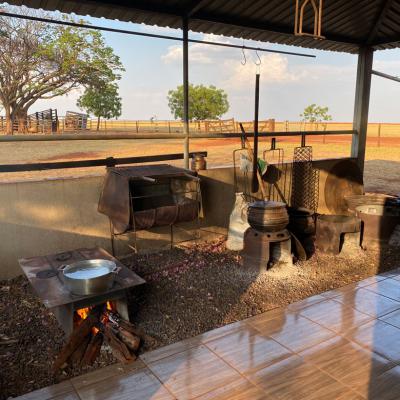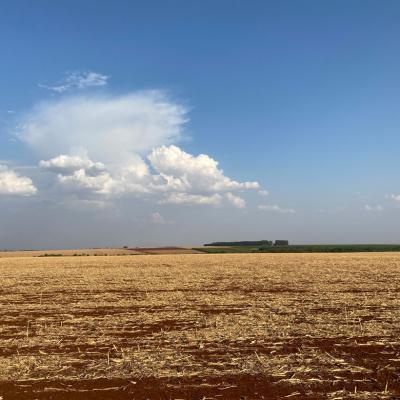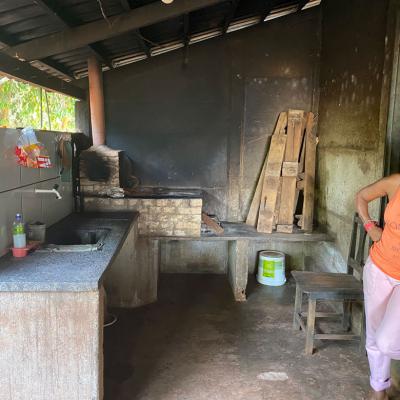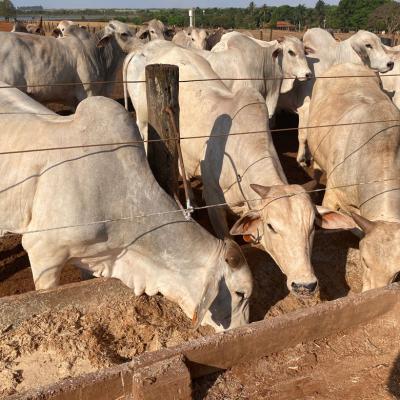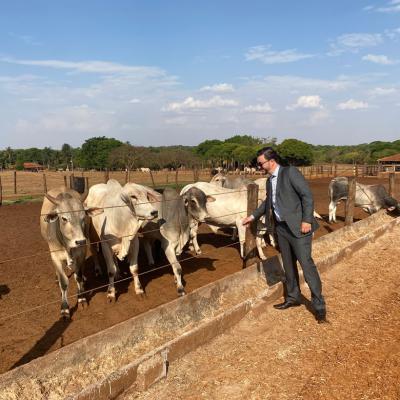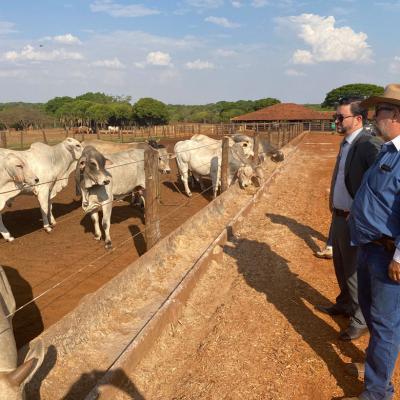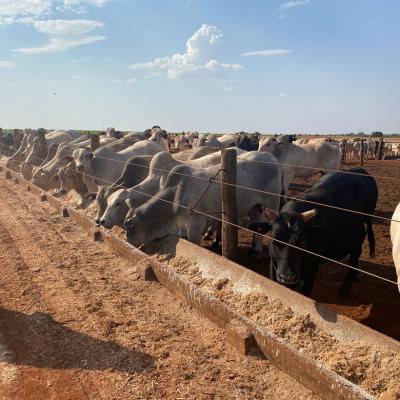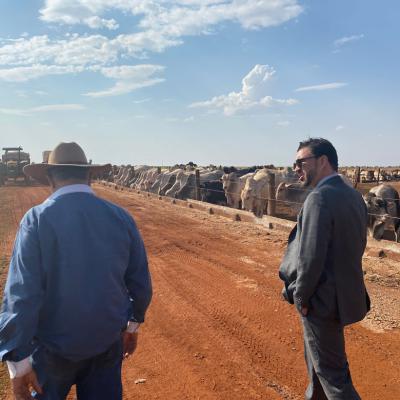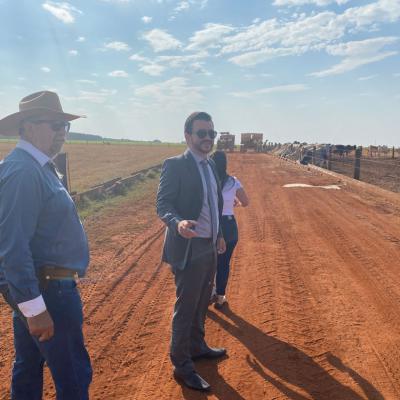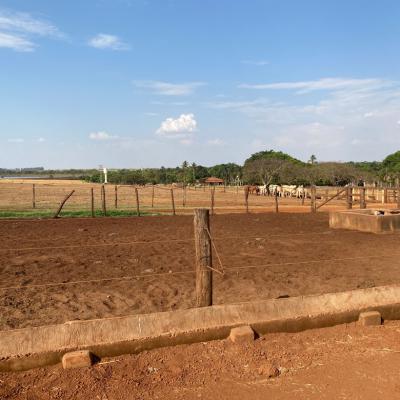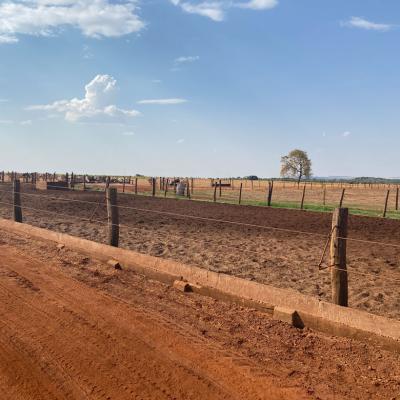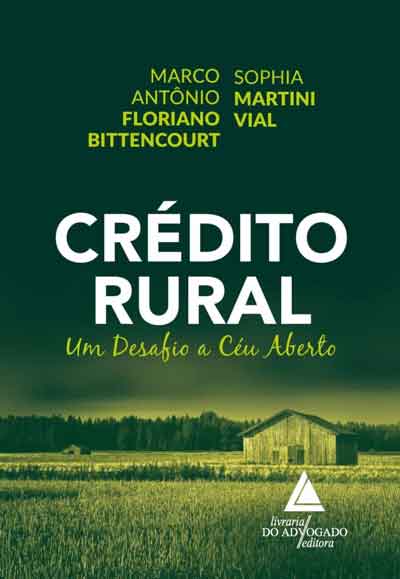The word AGRIBUSINESS is a generic form, which defines a set of administrative, legal and commercial factors and regulations, and that has as its main objective the guarantee of supplying the food demand of the world's population.
For many people, the word AGRIBUSINESS has a connection only with the commercialization of agricultural products, the foreign trade with its billions of dollars annually transacted by agricultural machinery and equipment companies, the inputs and profits of large rural areas, especially in Brazil, a country dedicated to agribusiness.
AGRIBUSINESS was and always will be a determinant for the Nations, Cities, City-states, and the modern Nation-state, since it is the social factor that made it viable for humanity to move from the nomadic subsistence model to the formation of a society, which began by structuring itself into villages, which later became cities and nations moved by common goals: the exchange of agricultural products, and also the domestication of animals.
The concept of agribusiness, in its initial conception, gave rise to the notion of territory, structured nations, and generated the human civilizing process. Thus, agribusiness was the fundamental element in the establishment of nations, which had their ethnic and linguistic unities as their starting point. From these common aspects, the advent of agriculture and cattle-raising, in their initial forms and concepts, established the conditions for the emergence of the idea of territory. The notion of a nation, with naturalistic legal foundations, based on a human condition previous to the emergence of a legal system, gives rise to the National State.
Based on the facts cited, we have the AGRIBUSINESS as the main shaper of today's society and, consequently, as the main creator of the world economy, because before the emergence of the coinage system, it was the AGRIBUSINESS that boosted trade, which occurred by exchanging agricultural products: barter.
At the present moment, during the pandemic, AGRIBUSINESS emerges as the great pivot of the world economies, where, notably, it is discussed in practically all economic sectors, and also in all social classes, because "eating" is the primacy of human subsistence.
This media focus, received in the course of the pandemic, does not bring any new features, the importance of agribusiness has its temporal mark in the first social formations thousands of years ago, however, the massive populations concentrated in the metropolises of the planet have rectified their view on the role played by agribusiness, which has come to be classified as the best economic activity in the world, because the agribusiness has always been and will always be the pivot of human subsistence.
It can be seen that until the advent of the pandemic, the world was focused on secondary activities, no less important, but not decisive for subsistence. Many people were focused on their deepest selfishness, without remembering that, according to the latest UN report, about 811 million people face hunger annually. Other reports point out that 20% of the world population lives on less than 1 dollar a day = hunger.
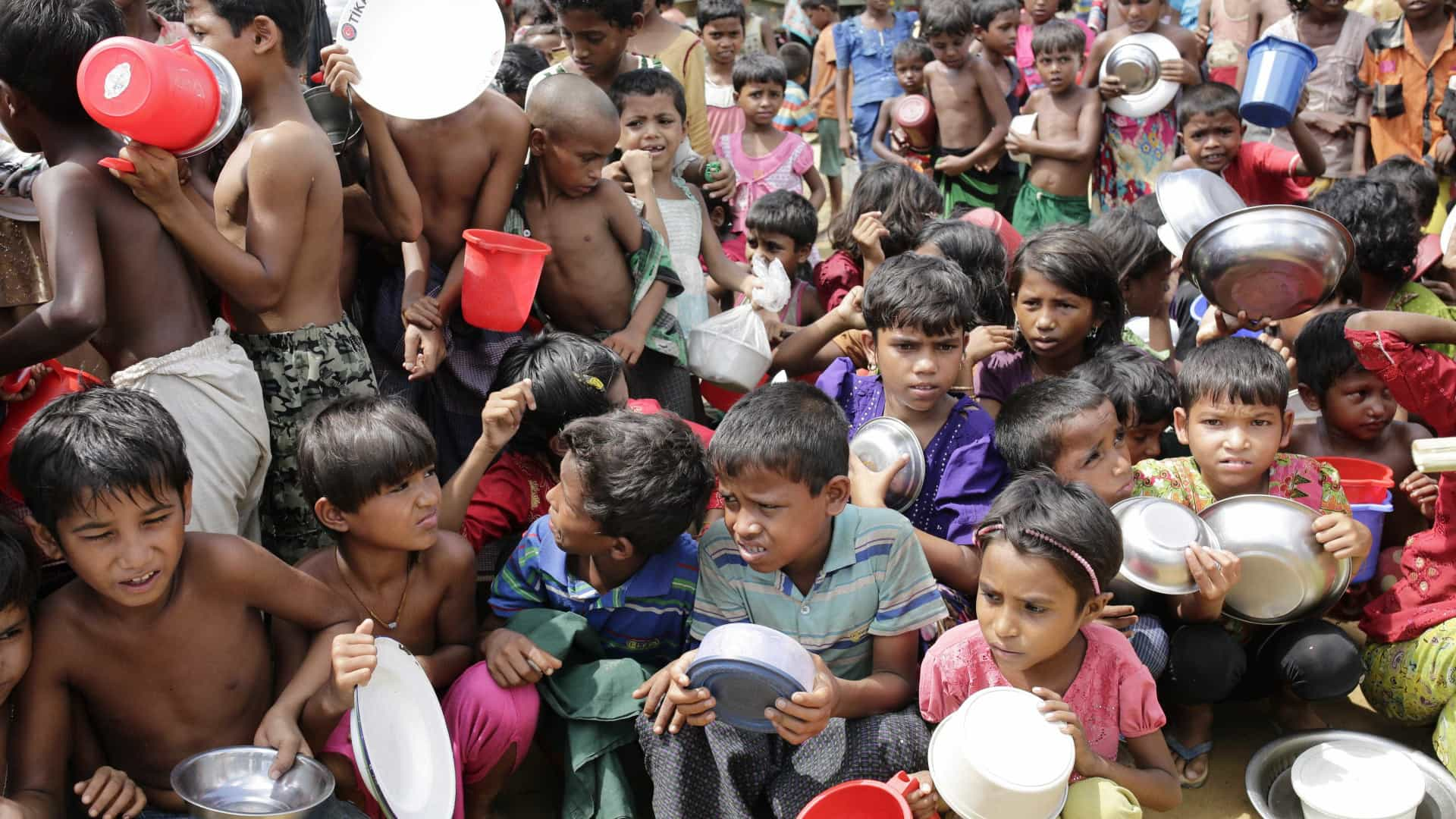
In an article from the UN, whose link I provide at the end of the text for the reader's appreciation, they reaffirm that it is necessary, at this critical moment, that there is a commitment to advancing food security for the world's population, as cited in the article: "This year offers a unique opportunity to advance food security and nutrition through food systems transformation with the upcoming UN Food Systems Summit, the Nutrition for Growth Summit, and COP26 on climate change. "The outcome of these events," the five add, "will shape the [...] second half of the United Nations Decade of Action on Nutrition." (https://www.unicef.org/brazil/comunicados-de-imprensa/relatorio-da-onu-ano-pandemico-marcado-por-aumento-da-fome-no-mundo)
Facing this new world scenery, we know that three factors are responsible for boosting AGRIBUSINESS: the first is the rural producer; the second is the social policy, and the third is the rural credit.
Now, let's imagine that in this instant, for some reason, we are all farmers. Besides imagining that we own an area of land for farming or raising animals, we will need labor and equipment. Considering the initial assumptions, let's move on to the cost of production, seeds, fertilizer, fuel, chemicals, storage, etc. All these items depend exclusively on capital, and many of them depend on the promise of successful production for their proper development.
Let's also consider that after achieving all these logistics, which allow us to produce food, we are hostages of climatic conditions, which invariably, from period to period, affect agricultural production. Well, when this happens, - the crop failure-, the rural producer becomes responsible for the damage caused and consequently becomes liable for the failure of all the effort generated to feed those who directly or indirectly participated in the set of factors necessary for the formation of an agricultural product.
Following the same line of thought, let's imagine that, with all these external factors, we have to repeat year after year, crop after crop, the same business successively, where we would be directly responsible for the failure that we did not cause, but we would be held responsible and demanded by the financial system, by the trading companies, by the multinationals, etc. Then, even if the harvest is successful, the global economy would put a price on the harvested work result, no matter whether or not this price would cover the cost of production -commodities-.
In fact, we can define the rural producer, in the financial market, as a risk investor, because investing and raising millions of Brazilian reals to produce, from the point of view of the risk of unpredictable delivery of the harvest, borders on the limit of reasonableness for many people. If we define the rural producer as a businessman, we would say that, according to the investment point of view he is audacious, always living on the border of failure and success, perhaps an equivalent to the addiction of the compulsive gambler. Is the rural producer compulsive? "Another year has gone by and it worked out" - "I'm going to plant again" - Would you be a gambler on climate success? A challenger of the mathematical rules of statistics?
No! The best definition of a rural producer is the one that takes risks for himself to benefit others. He is fearless, brave, without fear of the judgments of men from the big cities. He is the one who has for mission to guarantee things that go unnoticed, like our leather seats, our wooden chairs, our cotton clothes, our MDF furniture, etc. He is the one that few dare to be. This is the rural producer.
We also know that the reference to comestible goods is unnecessary, because Agri is in our daily lives, in everything, for everyone, and everywhere. Nobody works hungry. The human body does not develop without being adequately fed, we have several studies presented by the UN that prove this.
Given these arguments, which are notoriously unquestionable, Social Policy is born, and occurs in every country in the world, as in the item mentioned above. Social policy for agribusiness aims to prevent a country's population from experiencing food shortages. In my book "Crédito Rural - Uma Empresa a Céu Aberto" (Rural Credit - an open-air business), I make reference to the lack of supply that occurred in Brazil as a result of the fragility of the social policy at that time, in the 1930s.
This social policy mentioned above will be determinant for logistic development, for the control of the release of financial resources of constitutional funds, for storage, among other factors that permeate agribusiness. I am also referring here to regulatory law (Financial System and Regulatory Agencies), environmental and agrarian law, etc.
In terms of regulatory law, the financial resources part emanates from the analysis of the executive authority, the Ministry of Finance and the Ministry of Agriculture, which is determined through the National Monetary Council, issuing decisions that are published and supervised by the Central Bank of Brazil. These decisions minimize the external impacts linked to agriculture, which are still incipient in Brazil, such as agricultural insurance and the rural credit policy itself, which in Brazil adopts the interest rate subsidy system, while in many other countries the capital subsidy is adopted.
Social Policy is so relevant that in the past, when ignored, it caused great food shortages in Brazil, a reason that subsequently led to the creation of the Central Bank of Brazil and the National Rural Credit System.
Brazil, as we notoriously know, is vocationed to agribusiness, however many countries, like China, for example, depend on the social policy of food assurance being grounded in intercontinental foreign trade relations. -market exchange-
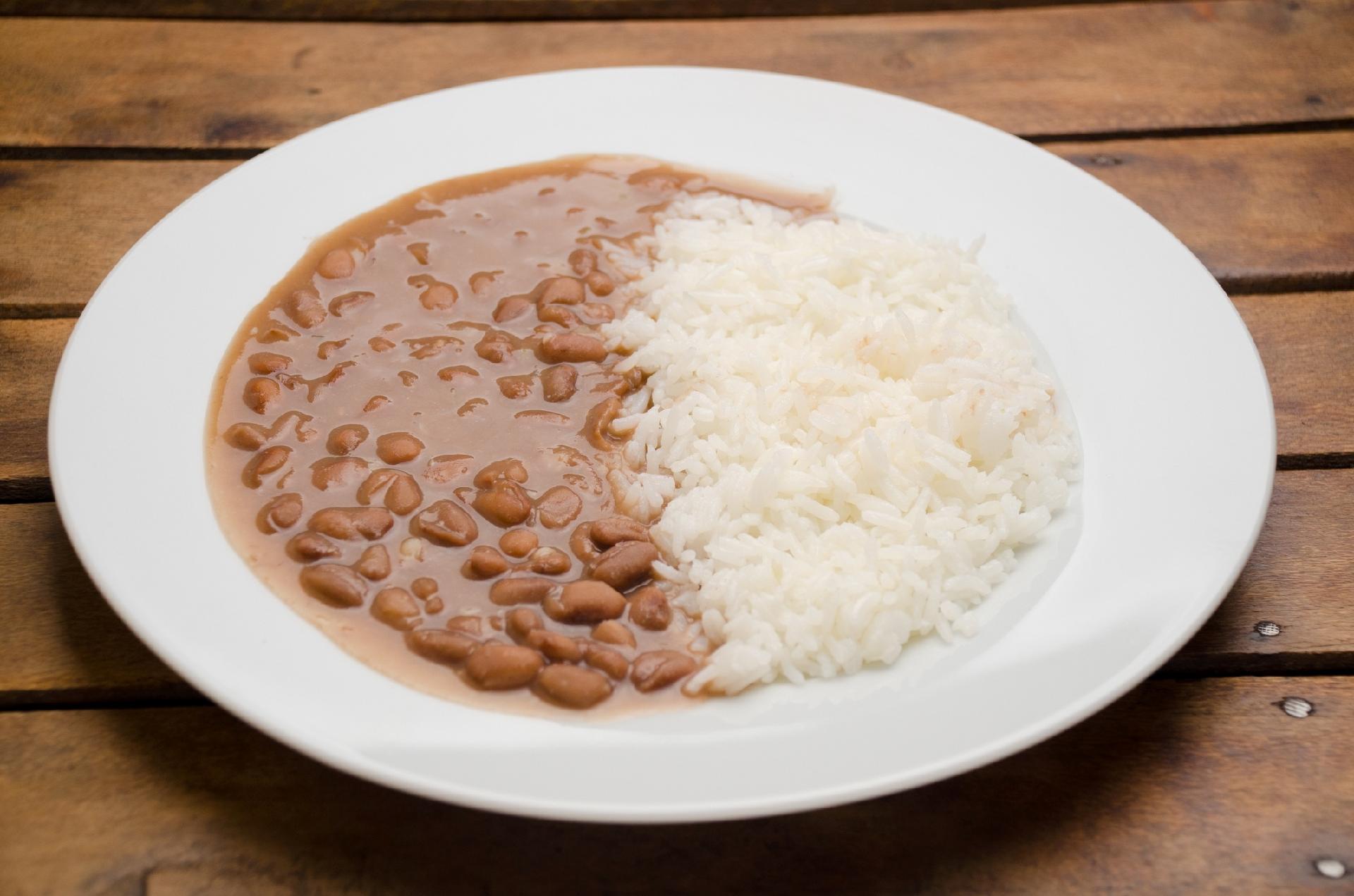
As said in the introduction, people formed communities to leave the nomadic life behind, started to build cities, and initially used the barter system. Now, countries exchange their consumer goods for "food," on a larger scale. Obviously, everything is repeated in an infinite cycle, as long as our planet exists, as it always has. So we can say that the social policy of each country seeks to protect its population from food shortages, whether through capital, subsidies, or trade agreements.
Notably, the depth of understanding, so far discussed, is the key to determine the global economy, with the Rural Producer as the preponderant figure. Yes, the same producer, who is often condemned by popular judgment as a bad payer, perhaps forgotten in the daily life of big cities. However, the pandemic made us stop, analyze and realize that this figure is essential to our daily lives. Well, he always has been.
To better understand the third item, RURAL CREDIT, we could say that the rural producer is the driver of the machine, social policy is the structure of the machine, and rural credit is the fuel. The RURAL CREDIT is the set of daily decisions taken by the executive power, that support the development of AGRIBUSINESS in a certain region of the national territory, with the compulsory application of rules aimed at the fulfillment of a country's social policy of food security.
So, do we have that the inexistence of rural credit would imply in productive incapacity? No. The inexistence of rural credit would be supplied by "troca", better known today as barter. The rural producer receives the necessary means and returns the agricultural product as a form of payment. In fact, it doesn't matter how rural credit is conducted to the rural producer, whether through banking instruments, barter contracts, price lock or own resources, the important thing is that the determination of its existence guarantees agricultural production.
Many people will say that these social policies, which have the legal nature of cogent norms, are not fully visible, but they are constantly perceptible in pandemics or wars, for example, continuously emerging in the interest of humanity, whether by the rural producer, the financial market speculators, or by the consumers themselves.
In Brazil, the control of rural credit and social policies is under the supervision of the Judiciary, which, in a way, still considers the rural producer below the interests of the big global corporations. Otherwise, there would be protection and more attention from this Judicial Power to the rural producer, however, as a rule, these are claims that involve large financial amounts, after all, any crop failure or risk mitigation involve large amounts, no matter how small the cultivated area is.
In my new book, "Crédito Rural - Uma Visão da Garantia Alimentar," (Rural Credit - An Insight into Food Assurance) these points will be approached with a proposal based on the principle definition that governs the matter of Rural Credit, because Rural Credit is not restricted to the matter of banking or contractual law, but rather, of public and economic order, regulatory law, social and existential interest for all of us.




